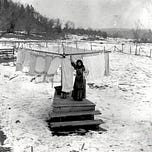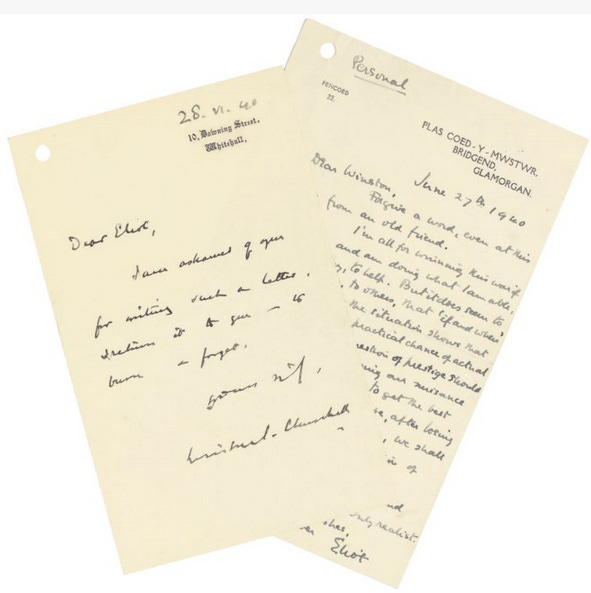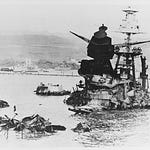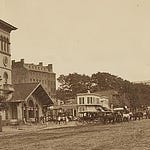the student of history
By June 27, 1940, France had fallen and all of western Europe was under Hitler’s control.
The German flag flew over the Palace of Versailles.
The next day was the twenty-first anniversary of the Treaty of Versailles.
Hitler intended to make a mockery of the anniversary, and the New York Times reported that he ‘slept nearby.’
Neville Chamberlain’s 1938 agreement with Hitler had proven worthless.
Churchill had succeeded him as British Prime Minister, vowing to pursue victory against Nazi Germany ‘at all costs.’
But the voices advising he make a deal with Hitler were unrelenting.

Four weeks had passed since the evacuation of the British Expeditionary Force and remnants of the French Army from the beaches at Dunkirk.
The New York Times reported that Britain was “speeding ahead” with work that would turn its islands “into a fortress to withstand the siege and the attacks that most people here are convinced are coming,” while its military forces were bracing for “an invasion that they believed might come at any minute.”
British children were being moved inland, away from coastal areas.
And Germany was assembling a fleet of troop transport vessels in ports on the French, Netherlands and Belgian coasts.

June 27, 1940, was the day that Churchill ordered a British strike against neutral French ships moored in Algeria, to prevent them from falling into German hands.
Churchill would later call this decision, which would cost the lives of 1,300 French sailors, ‘the most hateful’ that he had ever made.
On June 27th, Churchill received a letter from his wife, Clementine, telling him that “a devoted friend” had told her there was a danger he would become disliked by colleagues and subordinates due to his “rough, sarcastic and overbearing manner.”
"I must confess that I have noticed a deterioration in your manner & you are not as kind as you used to be." — Clementine
And on June 27, Churchill received a letter urging negotiations from his friend and former private secretary, Eliot Crawshay-Williams:
“I'm all for winning this war if it can be done...
“But it does seem to me, and, I know to others, that "if and when" an informed view of the situation shows that we've really not got a practical chance of actual ultimate victory,
“no questions of prestige should stand in the way of our using our nuisance value while we have one to get the best peace terms possible.
“Otherwise, after losing many lives and much money, we shall merely find ourselves in the position of France - or much worse.
'I hope this doesn't sound defeatist; I'm not that.
“Only realist.”
Churchill sent Eliot a terse reply the next day:
“I am ashamed of you for writing such a letter.
“I return it to you — to burn & forget.”
There would be no surrender under Churchill’s leadership.
Britain would fight for victory “at all costs… in spite of all terror… however long and hard the road may be.”
Churchill, a student of history, explained in a heated meeting with his war cabinet:
“[T]he nations which went down fighting rose again,
“but those who surrendered tamely were finished.”
Britain would not ‘be finished’ on Winston Churchill’s watch.
******************************
I’ll see you tomorrow.
— Brenda




















